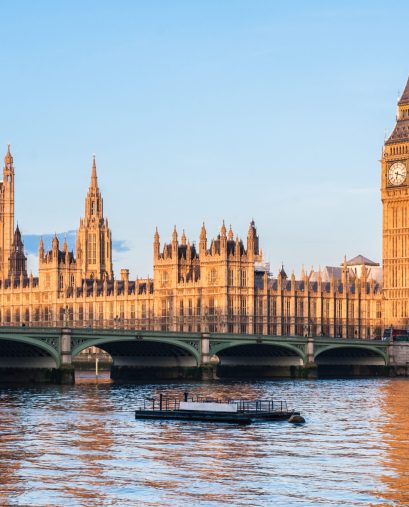Furlough Scheme extended

As lockdown number two was announced on Saturday 31 October, the Coronavirus Job Retention Scheme CJRS (commonly known as furlough) was extended on the very day it was due to end. On Thursday 5 November the Chancellor announced that the scheme will now be extended to the end of March 2021.
The key terms of the extended CJRS are as follows:
- The scheme will now stay open until 31 March 2021
- Staff can be furloughed full time or flexibly
- The government contribution will rise to 80% of wages for hours not worked (capped at £2,500), with employers asked to cover NI and pension contributions – essentially the level of support available in August
- The previously announced Job Support Scheme will be postponed until the CJRS ends
- Neither employer nor employee needs to have previously used the CJRS scheme
- To be eligible, staff need to be on the PAYE real time payroll submission on or before 30 October
- The £1,000 job retention bonus, which was to be paid to companies who retained furloughed employees until the end of January, has now been scrapped. The government plans to implement a revised retention incentive after the furlough scheme ends.
At the time of writing, the HMRC Guidance has yet to be updated so the above is subject to clarification.
Employers should remember that whatever the rules of the scheme, they need to reach a written agreement with staff after proper consultation before their hours or wages can be reduced. Collective consultation may be required depending on the numbers affected.
At the same time, the Chancellor announced that support for the self-employed will be increased for the period from November to January.
Photo by Robert Bye on Unsplash
If you have any questions about furlough, the new Job Support Scheme, making redundancies or consulting with staff over cutting hours and wages, please don’t hesitate to get in touch with Louise.
Louise Taft Consultant Solicitor - Employment +44 (0) 20 7846 2370 louise.taft@jurit.comOr another member of our Employment Team.
Please note this paper is intended to provide general information and knowledge about legal developments and topics which may be of interest to readers. It is not a comprehensive analysis of law nor does it provide specific legal advice. Advice on the specific circumstances of a matter should be sought.










